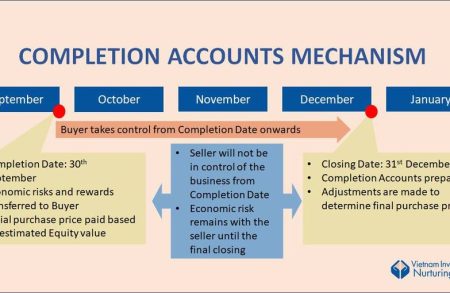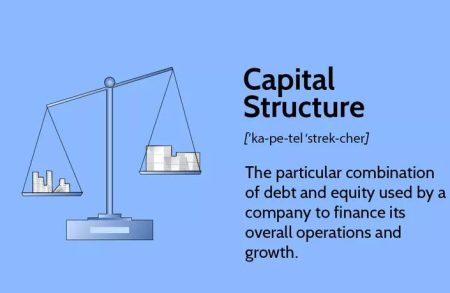24Jun
A liquidity event is a pivotal moment in the private equity world, signifying the successful “exit” from an investment in a non-public company. It’s when the private equity fund relinquishes its ownership stake (illiquid shares) and converts it into liquid assets, primarily cash. Key categories of liquidity events include: (1) Acquisitions by a larger company offer a clear exit path, allowing the private equity fund to sell its stake to a strategic buyer; (2) mergers with complementary businesses (same industry or in the same value chain) in order to create a stronger entity and potentially a more lucrative exit through an IPO. The ultimate goal for many firms is an IPO, where the company issues shares to the public, creating a liquid market for the private equity fund to sell its holdings.
Understanding and planning for these potential exits is paramount when structuring a PE transaction. Deal documents meticulously outline the terms under which the PE fund can achieve a successful exit. In particular, covenants may be included to restrict the target company’s actions to ensure its financial health and attractiveness to potential acquirers. Liquidation preferences establish the order in which different classes of shareholders are paid during a liquidity event. Additionally, put and call options can be incorporated, granting the PE fund or the company the right to buy or sell shares at a pre-determined price, facilitating a controlled exit. By meticulously incorporating provisions related to liquidity events, PE funds safeguard their investments and maximize their potential returns.











